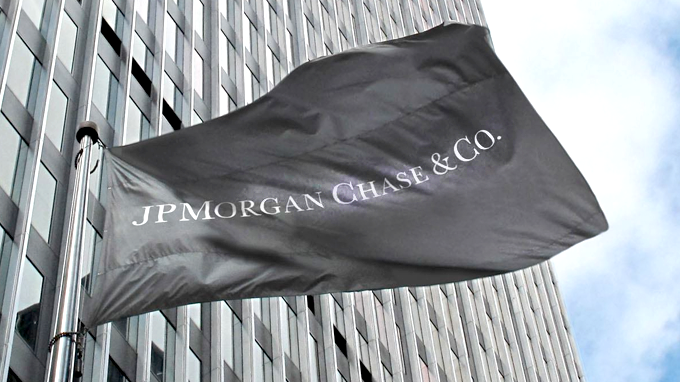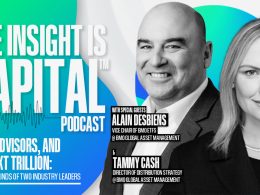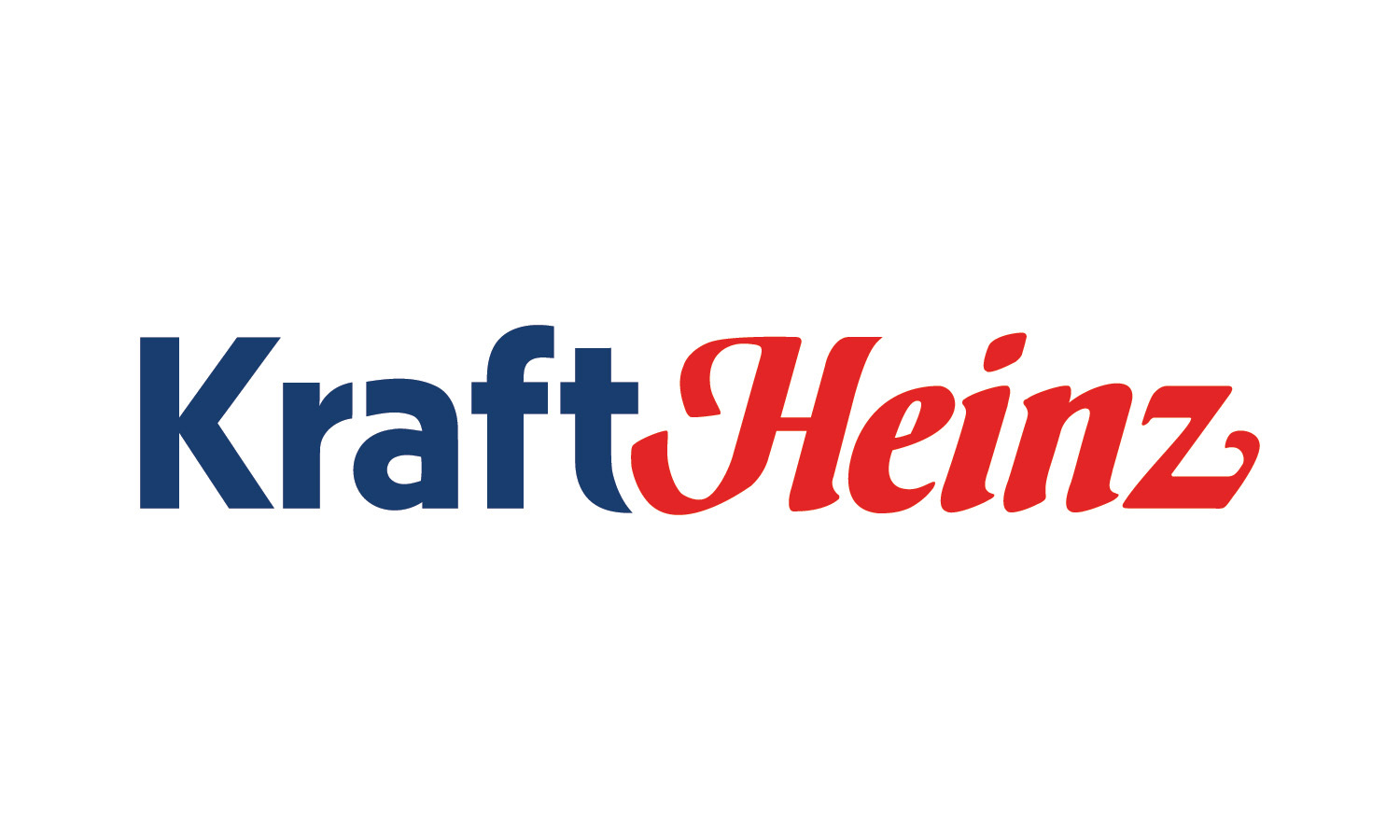Market review: While France votes, U.S. faces shutdown
by Kristina Hooper, Global Market Strategist, Invesco Ltd., Invesco Canada
Sunday saw the start of the much-awaited presidential election in France, and many advocates of the European Union (EU) are breathing a collective sigh of relief. Centrist Emmanuel Macron and far-right candidate Marine Le Pen garnered the most votes – 23.75% and 21.53%, respectively – and will therefore advance to the runoff election on May 7. For those who wanted to see as little impact on capital markets as possible, a Macron–Le Pen matchup is as close to a “best-case scenario” as possible. (The “worst-case scenario” for the continuation of the EU was a matchup between Le Pen and far-left candidate Jean-Luc Melenchon, who are on opposite sides of the political spectrum, but both anti-EU.)
Many pundits are now expecting Mr. Macron to become France’s next president. And in some respects, this race is now shaping up to be similar to the 2002 presidential election in France, where Ms. Le Pen’s father, an even more extreme right candidate, garnered enough votes to advance to the runoff election but then saw all other challengers throw their support to Jacques Chirac, enabling him to win by a wide margin. Already, fellow candidates Francois Fillon and Benoit Hamon have endorsed Mr. Macron in the hopes of stopping Ms. Le Pen. In brief, it seems likely that Mr. Macron, who is pro-EU but also pro-business, will emerge victorious, which I believe should be a positive for markets, with equity risk premiums likely to fall, and the economy, which is already performing well.
France’s focus turns to the runoff election
However, we always have to plan for an outlier event. Mr. Melenchon received 19.6% of the vote; if his voters swing to Ms. Le Pen in the runoff election along with some of Mr. Fillon’s supporters, then Mr. Macron may be vulnerable. So, let’s for a minute entertain the notion of a Le Pen victory. We can’t think of the French election as a “one and done” event, but instead think of it in similar terms to the U.K. election in 2015, in which David Cameron pledged to hold a Brexit vote if he were re-elected as prime minister.
The Brexit issue has continued to play out over several years, and that is what would happen in the unlikely event of a Le Pen victory in May. If Ms. Le Pen does win in the runoff election, then she will call for a “Frexit” vote. In other words, the Frexit risks will play out in multiple parts, giving investors time to adjust.
In the U.S., a government shutdown looms
For the time being, attention now turns back to the United States, where the federal government will shut down if a spending bill is not approved and signed before midnight on April 28. The odds of a government shutdown are increasing, with some giving probabilities as high as 50%. Last December, Congress quietly agreed to a spending bill that had bipartisan support and was devoid of polarizing issues, but we may not see the same scene play out this week. It doesn’t help that the Trump administration is trying to revive health care reform and is prioritizing funding for at least the start of a border wall – both of which could prove polarizing as Congress tries to work toward a compromise. Adding to the headwinds is that Congress is just returning from a break, so members only have a few days to work on a deal.
Having said that, there seems to be an eagerness on both sides of the aisle to keep the government running. We will, of course, have to follow the situation closely as it evolves over the next several days.
Takeaways for investors
What we need to keep in mind about geopolitical risk is that it tends to be short-lived and does not affect company fundamentals. What’s more, it can sometimes create buying opportunities. These recent geopolitical developments only serve as reminders that investors need to stay focused on their time horizon and remain well-diversified – for example, there is a wide range of alternative investments that can help diversify traditional stock-and-bond portfolios.
This post was originally published at Invesco Canada Blog
Copyright © Invesco Canada Blog













